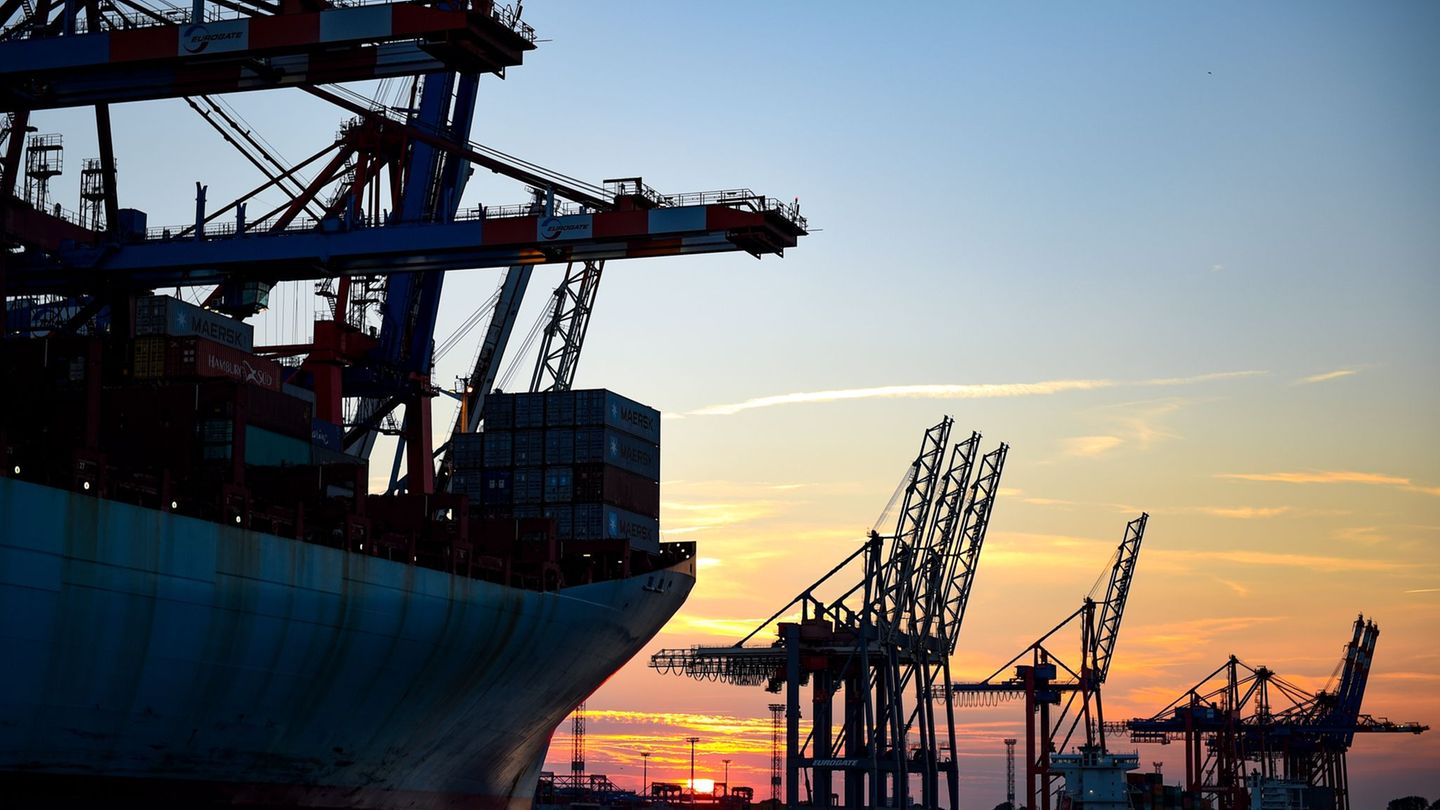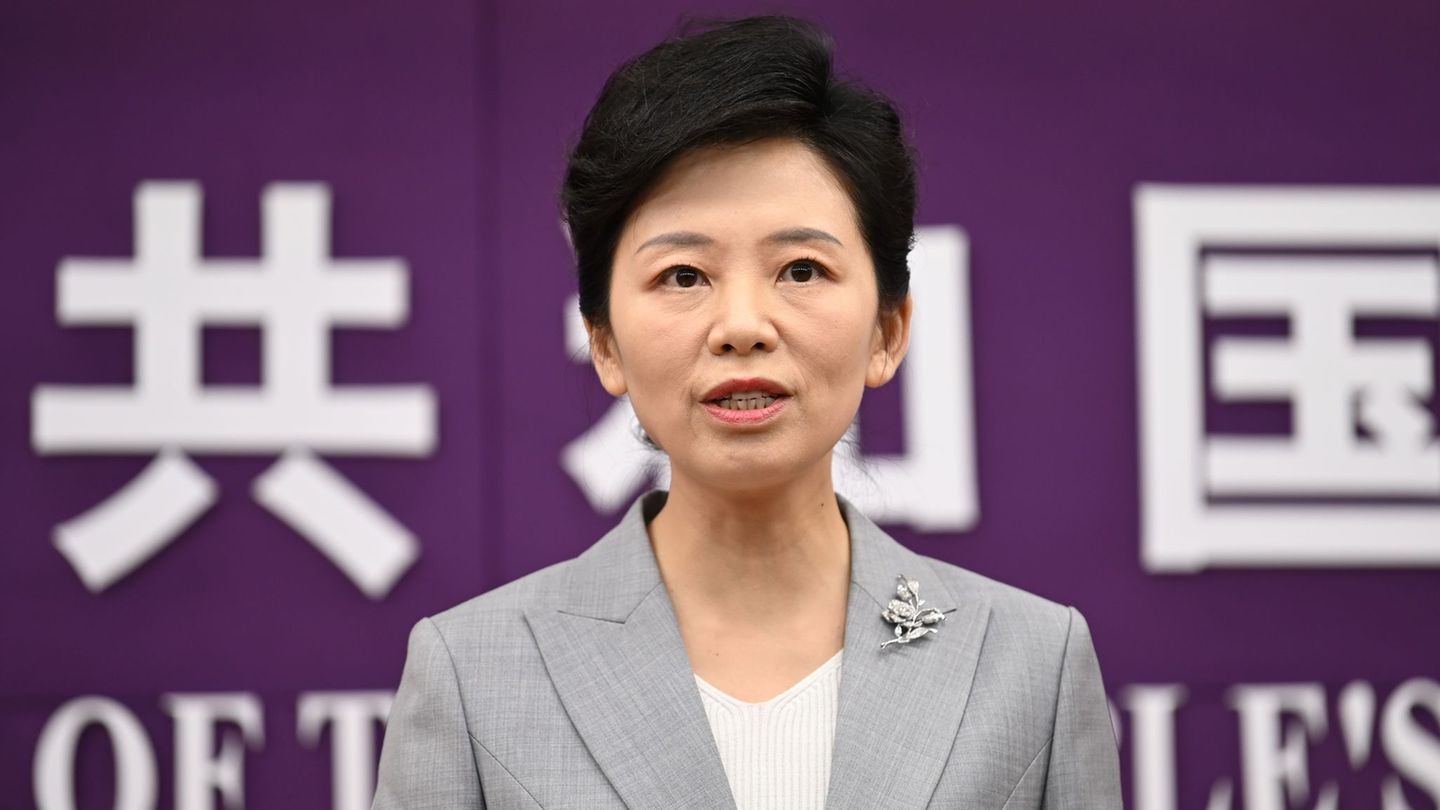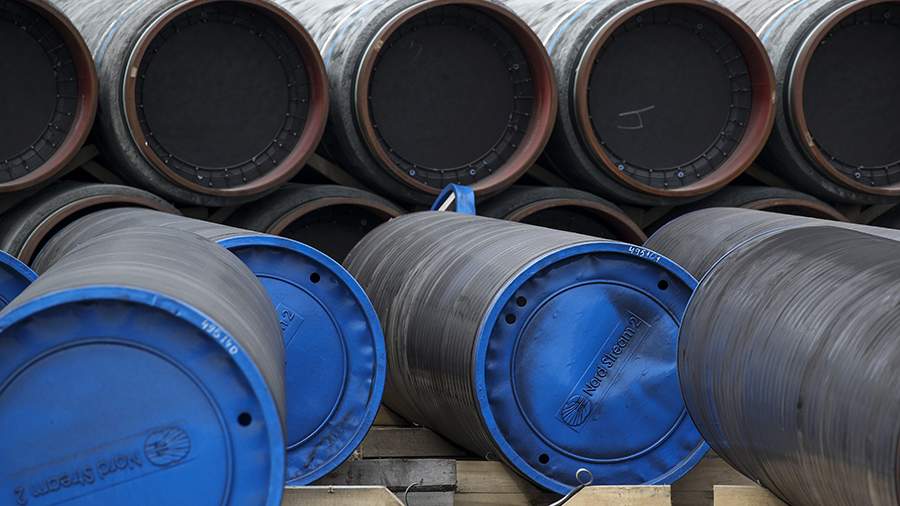Jane Stock is a technology author, who has written for 24 Hours World. She writes about the latest in technology news and trends, and is always on the lookout for new and innovative ways to improve his audience’s experience.
Menu
Kuleba and Blinken discussed countering “threats” from SP-2 and Russia
Categories
Most Read
Uruguay approved the euthanasia law and became the first country in the region to legalize it
October 16, 2025
No Comments
The mother of two hostages released by Hamas broke the silence: I never lost hope
October 16, 2025
No Comments
While Milei waits for an announcement, Donald Trump opens negotiations with Lula da Silva over tariffs on Brazil
October 16, 2025
No Comments
New Russian attacks on Ukrainian power plants cause massive power outages
October 15, 2025
No Comments
The US Army asked Hamas to stop shooting at civilians and respect the ceasefire
October 15, 2025
No Comments
Latest Posts

German economy: Bundesbank is becoming more pessimistic about the economy in the summer
October 16, 2025
No Comments
AngelicaI am an author and journalist who has written for 24 Hours World. I specialize in covering the economy and write about topics such as

Beijing’s export controls: China accuses the USA of scaremongering in the trade dispute
October 16, 2025
No Comments
AngelicaI am an author and journalist who has written for 24 Hours World. I specialize in covering the economy and write about topics such as

Missing apartments: Interhyp survey: Growing frustration with the housing market
October 16, 2025
No Comments
AngelicaI am an author and journalist who has written for 24 Hours World. I specialize in covering the economy and write about topics such as
24 Hours Worlds is a comprehensive source of instant world current affairs, offering up-to-the-minute coverage of breaking news and events from around the globe. With a team of experienced journalists and experts on hand 24/7.

